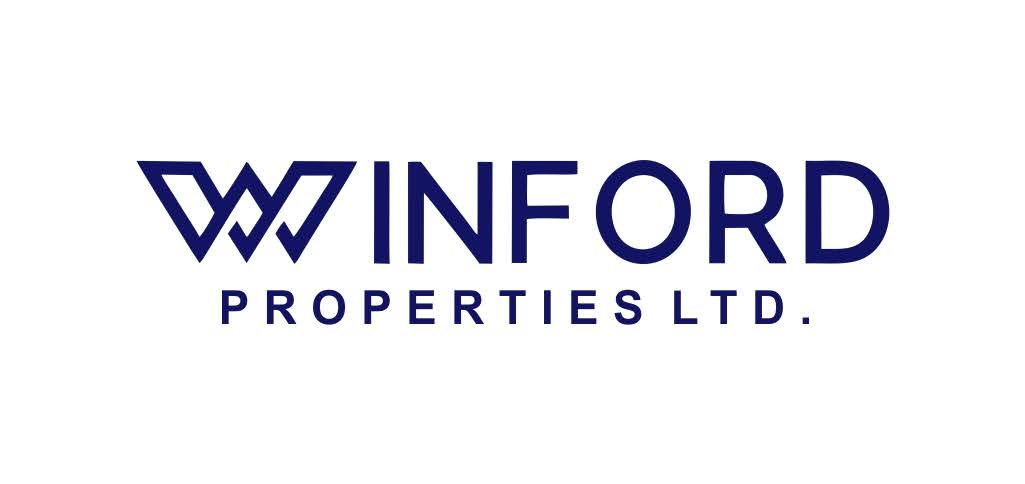Any sort of home renovation, whether it's a single room or the whole house, is a major undertaking. You may be able to accomplish the majority of the work yourself if you are only upgrading a few fixtures or surfaces. Or you may only need to hire professionals for particular tasks like tiling or installing cabinets. A general contractor may be expensive to hire, but their expertise will be invaluable if you plan to completely transform the space. Contractors are professionals in managing the logistics of building and remodelling projects. So they can make sure your remodel goes off without a hitch by taking care of things like obtaining permits and inspections, organising the workforce and sourcing the essential tools and supplies. Finding a reliable contractor that can properly and efficiently complete your work is essential. Here are 8 tips to guide you when selecting a remodelling contractor in Nigeria.
Get Clear On Your Needs Before Meeting With A Contractor
You, the client, are the one who ultimately decides how things will go. Think about the final design you're going for, the features you'd like included, and so on before meeting with contractors. Consider working with a design consultant or design-build company if you lack the in-house expertise to translate your desired outcomes into tangible features and/or products.
Obtain Multiple Quotes From Different Contractors
Before settling on a contractor, it's a good idea to get at least three bids. Getting more quotes (four or more) will let you see how the different firms compare more clearly. Not only will you have a better concept of what reasonable prices should be, but you'll also have a sense of the standard of service to expect from each contractor. One contractor may provide a low bid but subpar service, whereas another's expensive bid may suggest great quality.
Do Background Checks
A contractor's basic credentials should be established even if a friend or family member recommends them since they have hired them before. Find out who the company is and where they are located. Check for their insurance policy too. And find out whether there have been any formal complaints or legal actions in the past or if there are any currently underway.
Check Out The Contractor's Past Projects And How They Were Handled
Make sure the contractor's skillset matches the needs of your project; some are generalists while others are specialists. View examples of their previous work to get a feel for their style and determine if you like their approach. Keep an eye out for subtle signs that indicate a lack of professionalism, too. How quickly do you get a response to your phone messages? Are scheduled times and dates kept? Do the company's dress policy and fleet of vehicles demonstrate professionalism? Carelessness in these minor details may be indicative of a larger problem with the job.
Define Boundaries For The Work Area
Make it known to the employer that you would like the standard safeguards taken, such as doing background checks on all employees who will have access to your house. It's a good idea to lay out some guidelines for things like parking, using the restroom, smoking, and anything else that might come up throughout the project.
Find Out Exactly What You'll Be Charged For
Although some businesses provide free estimates, if the final price of the job is expected to be more than a few thousand naira, the contractor will typically create a "scope of work proposal" and charge for it. In most cases, the contractor's proposal will include a detailed cost breakdown for the entire project, and miscellaneous expenses, or it will outline the services to be provided by the contractor (such as demolition, installation, and cleanup) and the materials that would be used. If the proposal is accepted, the fee is usually deducted from the total price of the project. While most contractors will provide you with a fixed estimate, some will charge you for supplies, time, and an additional administrative or overhead fee on top of that. Sometimes this is the best option, but there needs to be a cap or some other way to keep costs in check. Contractors who demand immediate payment, either in full or in cash, should be avoided. Before beginning any work or making any payments, be sure you have a detailed written contract to refer to.
Plan Disagreements Resolutions
At the very least, any contractor you choose will be an integral part of your daily life for the duration of the project. Be sure to choose someone you can talk to, and go with your intuition if you have a bad feeling about them. Professionals that value their clients' safety almost always require formal, written agreements. In the first meetings, it's important to discuss how disagreements and problems will be addressed. Disputes might be about anything as minor as a price difference or as major as the failure to repair unintended damage or comply with applicable laws and standards.
Don't Ignore The Fine Print In The Contract
The contract should include:
1. Start and end dates
2. Information on building permits and fees (typically handled by the contractor, but legally your responsibility),
3. A description of the products and services to be provided by the contractor,
4. Payment terms
5. Issues about subcontractors (such as licence and insurance verification and warranty of workmanship)
6. The consequences of default by either party.
The contract should release you from responsibility if the contractor fails to pay the subcontractors.
